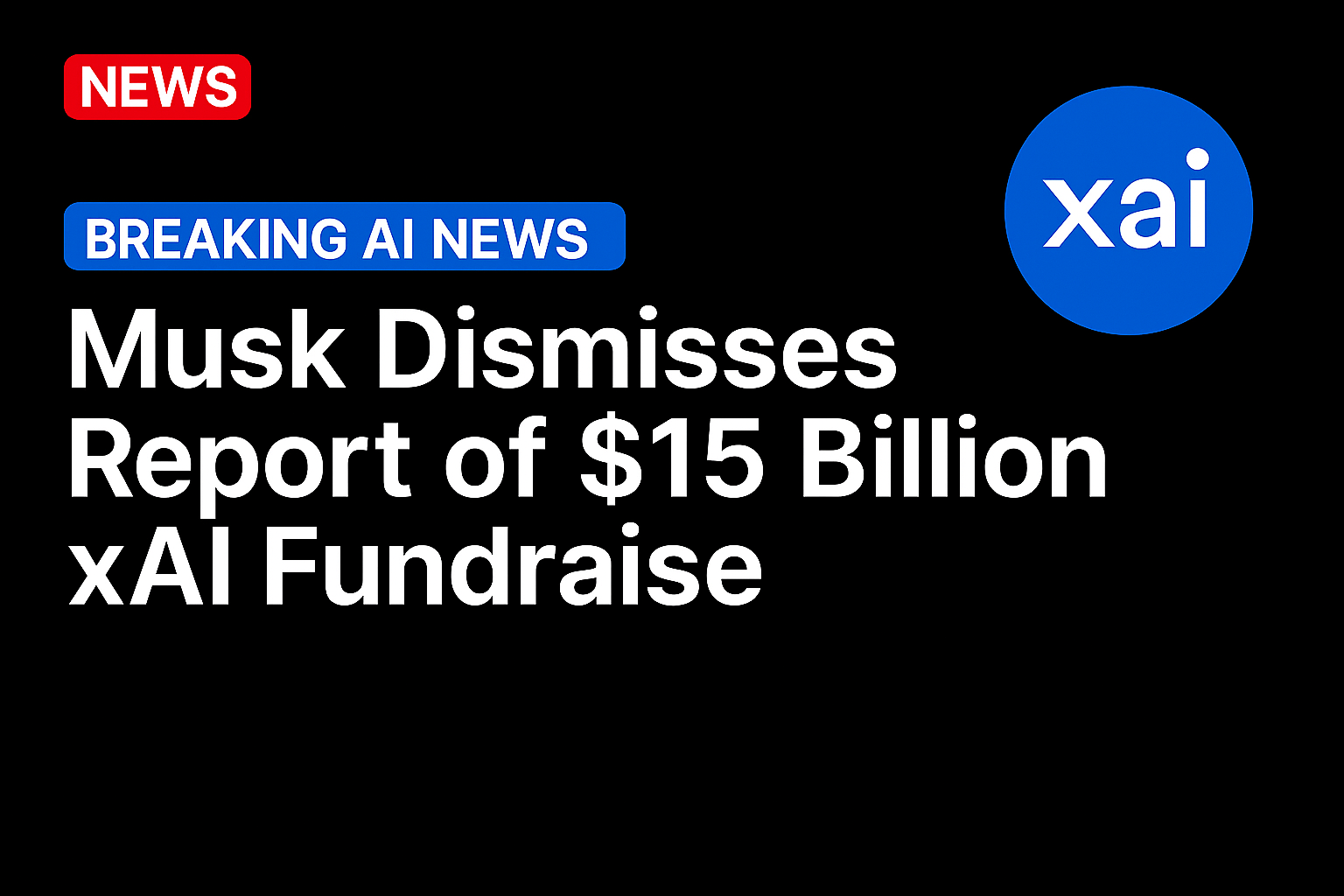
xAI, the artificial intelligence (AI) company founded by Elon Musk, has raised $15 billion.
That’s according to a report Thursday (Nov. 13) by CNBC, citing sources familiar with the matter who said the funding will help pay for the graphic processing units (GPUs) that power AI large language models (LLMs).
Musk later denied the report, labeling it “false” on his X social media platform, much as he did following reports in September that xAi had raised $10 billion, valuing it at $200 billion.
When xAI acquired X in March, the multibillionaire said the deal valued the former company at $80 billion and the latter at $33 billion ($45 billion minus $12 billion in debt).
“xAI and X’s futures are intertwined,” Musk said. “Today, we officially take the step to combine the data, models, compute, distribution and talent. This combination will unlock immense potential by blending xAI’s advanced AI capability and expertise with X’s massive reach.”
As the CNBC report noted, AI startups have in recent months hit astronomic valuations amid massive levels of capital raising for their models. Anthropic nearly tripled its value in September following a $13 billion funding round.
Weeks later, OpenAI was valued at $500 billion following a $6.6 billion share sale. The company is reportedly preparing for an initial public offering (IPO) that could value it at $1 trillion.
In other AI news, PYMNTS wrote Thursday about the continuing rise of AI agents, as almost “every major platform that powers the back office or customer-facing front end now promises a future in which reliable, semi-autonomous software ‘workers’ can handle everything from invoice processing and forecasting to lead qualification and service triage.”
For chief financial officers, the benefits of this trend include productivity gains, a reduction in manual labor, faster workflows and, ultimately, lower operating costs. Still, the new agentic wave raises a different set of questions from the cloud or automation cycles of the past decade.
“AI agents are not merely features added to existing software; they are becoming strategic components that cut across finance, operations, procurement, HR, sales and IT,” PYMNTS wrote. “With providers increasingly claiming that their agents, above all others, are indispensable, CFOs must get sharper about interrogating not just the technology but the business model behind it.”
Source: https://www.pymnts.com/

